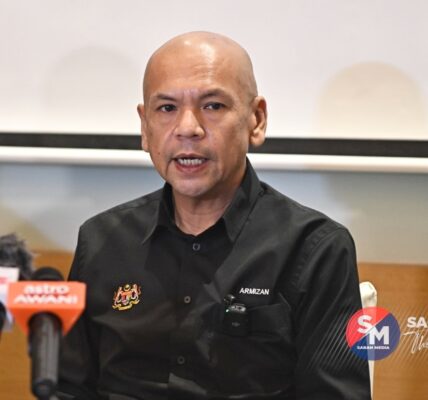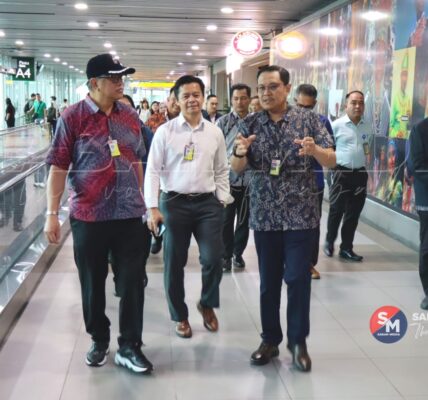Read Time:3 Minute, 10 Second
By Nirvana Jalil Ghani
Malaysia has never lacked ambition. We have blueprints for every aspiration; digitalisation, sustainability, renewable energy, human capital reform. But many of these plans stall not because they lack intellect, but because they lack narrative. Transformation doesn’t die from poor planning. It dies from silence.
Strategy tells people what to do. Storytelling makes them care enough to do it. Malaysia’s digital economy already contributes 23 per cent of GDP (Malaysia Digital Economy Corporation, 2023), yet adoption across industries remains uneven. The frameworks are solid, the technology exists. But progress slows when people don’t see their own role in the story. Digital dashboards don’t inspire commitment. Purpose does.
I once met a maintenance engineer who said, “We have sensors for everything except for people.” That sentence stayed with me. We measure performance to the decimal but forget to measure pride, ownership, and trust.
Corporate Communications can no longer sit on the sidelines. It isn’t a support service it’s a strategic lever. A strong communicator doesn’t just craft press releases; they build belief. They translate ESG data into meaning, digital jargon into mission, and complex strategy into clarity.
When Bursa Malaysia made sustainability disclosures mandatory in 2023, it wasn’t only about compliance. It was an invitation for organisations to speak the language of accountability to show how they serve people and planet, not just profit. If strategy is the engine, communication is the ignition.
Many of Malaysia’s legacy organisations face the same challenge: how to modernise without losing identity. The problem isn’t resistance to change, it’s exhaustion from change that feels disconnected. Real transformation doesn’t start with a new logo or policy. It starts with honest conversation. People need to know not just what’s changing, but why it matters. When leadership communicates transparently, celebrating small wins, admitting setbacks, and linking every shift to shared purpose – legacy becomes leverage, not liability.
Across infrastructure, healthcare, and industrial sectors, Malaysia is moving rapidly into automation and smart technologies. Yet *70 per cent of Malaysian employees say they need reskilling to thrive in the digital economy (World Economic Forum, 2024). That gap isn’t purely technical, it’s emotional. Technology can track efficiency. Only communication creates belief. When the technician maintaining a highway or the nurse in a connected ward understands how their work contributes to safety, sustainability, and national progress, transformation becomes unstoppable.
ESG is another arena where storytelling determines success. Carbon-reduction targets and SDG charts are vital, but they only gain traction when people feel connected to them. The conversation must shift from “we must reduce emissions” to “we’re protecting our communities and children’s future.” That’s when sustainability moves from compliance to culture.
Our competitive edge will not come from low costs or imported technology, it will come from clarity, credibility, and courage. We need leaders who can communicate transformation clearly, inclusively, and consistently. Leaders who can speak to investors in the morning and frontline teams by afternoon and make both believe they’re part of the same story. Transformation isn’t a department. It’s a conversation.
The most powerful leaders I’ve met weren’t defined by titles or volume but by calm, consistent clarity. During my years in government and corporate crisis work, I learned that communication is not about controlling information; it’s about protecting trust. Today, that lesson matters more than ever. Malaysia doesn’t need more slogans. It needs storytellers who can turn complexity into confidence and ambition into alignment. Because when people understand why change matters, they’ll move mountains for the how.
—
Nirvana Jalil Ghani is a strategic communications leader specialising in transformation, ESG, and leadership storytelling. She has served in both government and corporate sectors.






